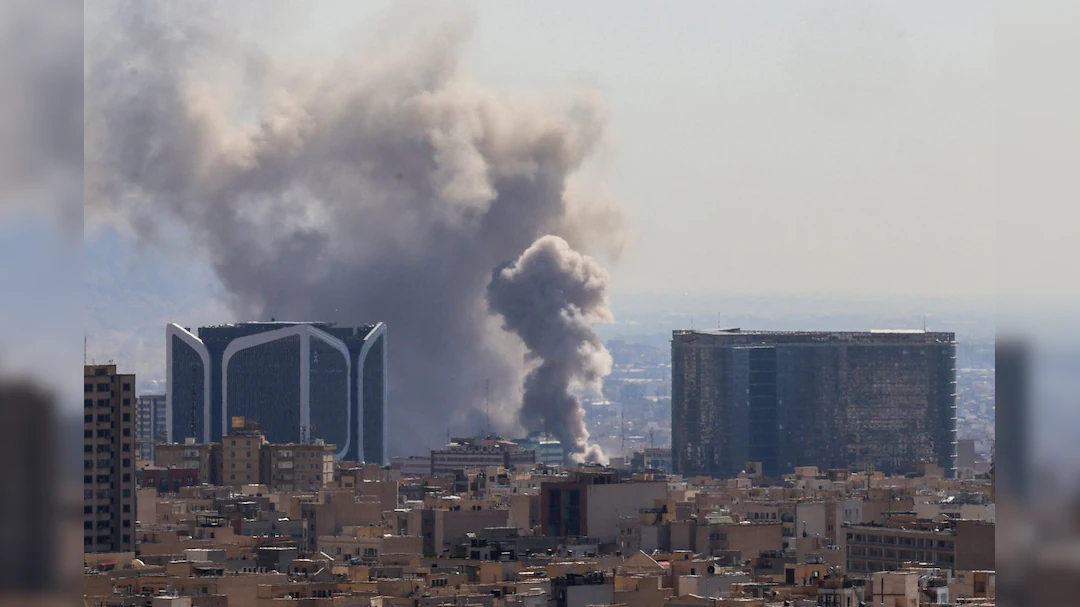On September 25, 2025, US President Donald Trump welcomed Pakistani Prime Minister Shehbaz Sharif and Army Chief Field Marshal Asim Munir to the Oval Office in a closed-door meeting, marking a notable thaw in bilateral ties amid recent diplomatic overtures. The session, which followed a brief informal encounter between Sharif and Trump at the United Nations General Assembly on September 23, underscores a shift from past tensions, driven by economic incentives and regional de-escalation efforts.
Key Details of the Meeting

Pakistan PM Shehbaz Sharif (extreme left) and Army chief Asim Munir (extreme right) with US President Donald Trump in White House.
- Arrival and Welcome: Sharif and Munir arrived at the White House around 5 p.m. ET via the West Executive Avenue entrance, where they were greeted by senior US officials. Trump, who was signing executive orders at the time, publicly praised the duo beforehand, calling them “great leaders” during remarks to reporters in the Oval Office.
- Context of Revival: This marks Sharif’s first Oval Office visit and builds on a July 2025 US-Pakistan trade deal aimed at boosting Islamabad’s economy, including assistance for developing its oil reserves. Earlier, in June, Trump hosted Munir solo—the first such White House meeting for a Pakistani army chief without civilian counterparts—focusing on trade, economic development, and cryptocurrency.
- Broader Diplomatic Backdrop: Pakistan has publicly endorsed Trump for the Nobel Peace Prize, crediting his administration for mediating a May 2025 ceasefire between India and Pakistan after heightened hostilities. This gesture, along with Sharif’s support for Trump’s peace efforts, has evidently softened US stances. The meeting also occurs against US-India frictions, including 50% tariffs on Indian imports over Russia’s oil sales to New Delhi.
Implications for Regional Dynamics
The high-level engagement signals Washington’s strategic pivot toward Pakistan, a nuclear-armed nation, potentially to counterbalance influences in South Asia and the Middle East. Discussions reportedly covered global and regional issues, including Pakistan’s flood recovery, trade expansion, and responses to Israel’s recent airstrikes on Qatar and Iran—topics Pakistan has criticized despite its US alignment. While details of the closed-door talks remain private, they highlight Pakistan’s army’s enduring influence, with Munir’s presence emphasizing military-civilian coordination in foreign policy.
This development contrasts with strained US-India relations under Trump, where visa curbs and tariff disputes have escalated. For Pakistan, the outreach could unlock further aid and investment, stabilizing its economy post-floods and bolstering its global standing.
Discover more from AMERICA NEWS WORLD
Subscribe to get the latest posts sent to your email.
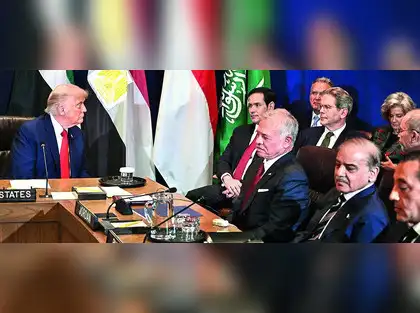
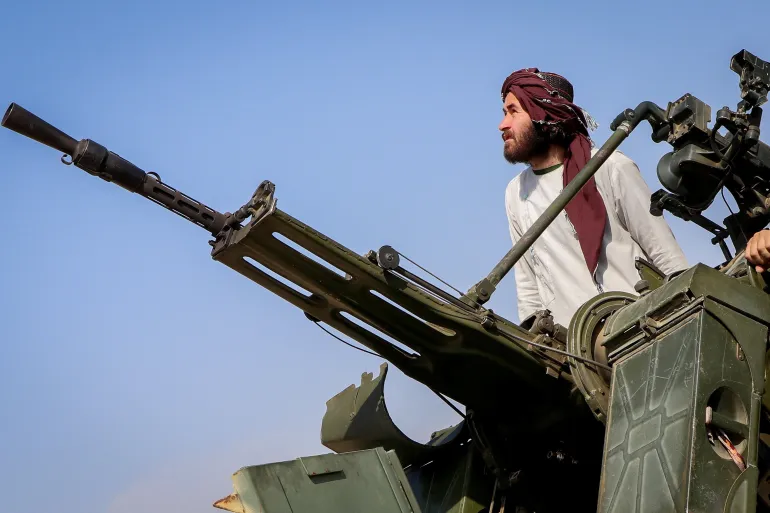

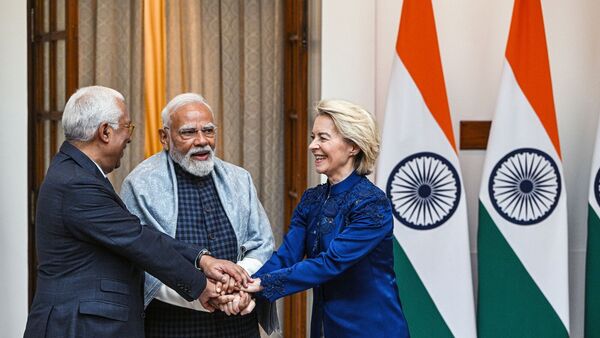

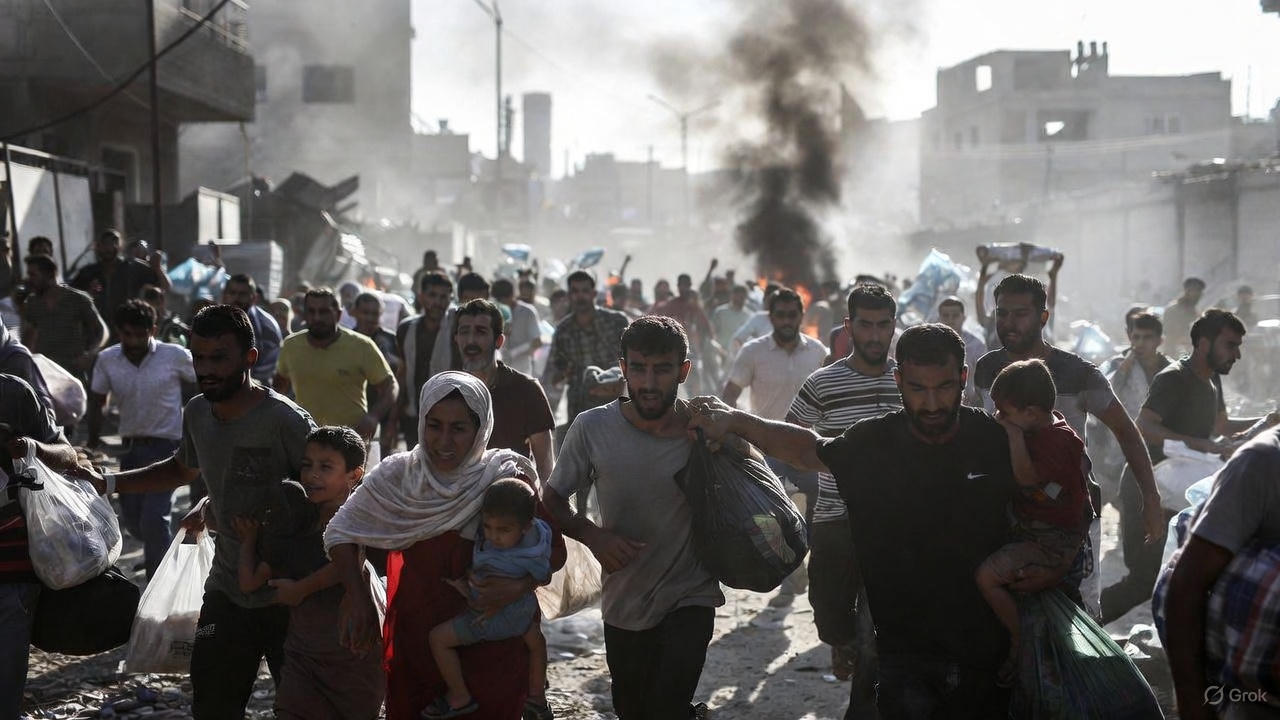

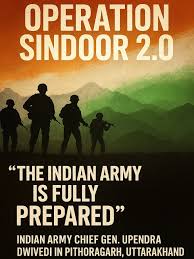
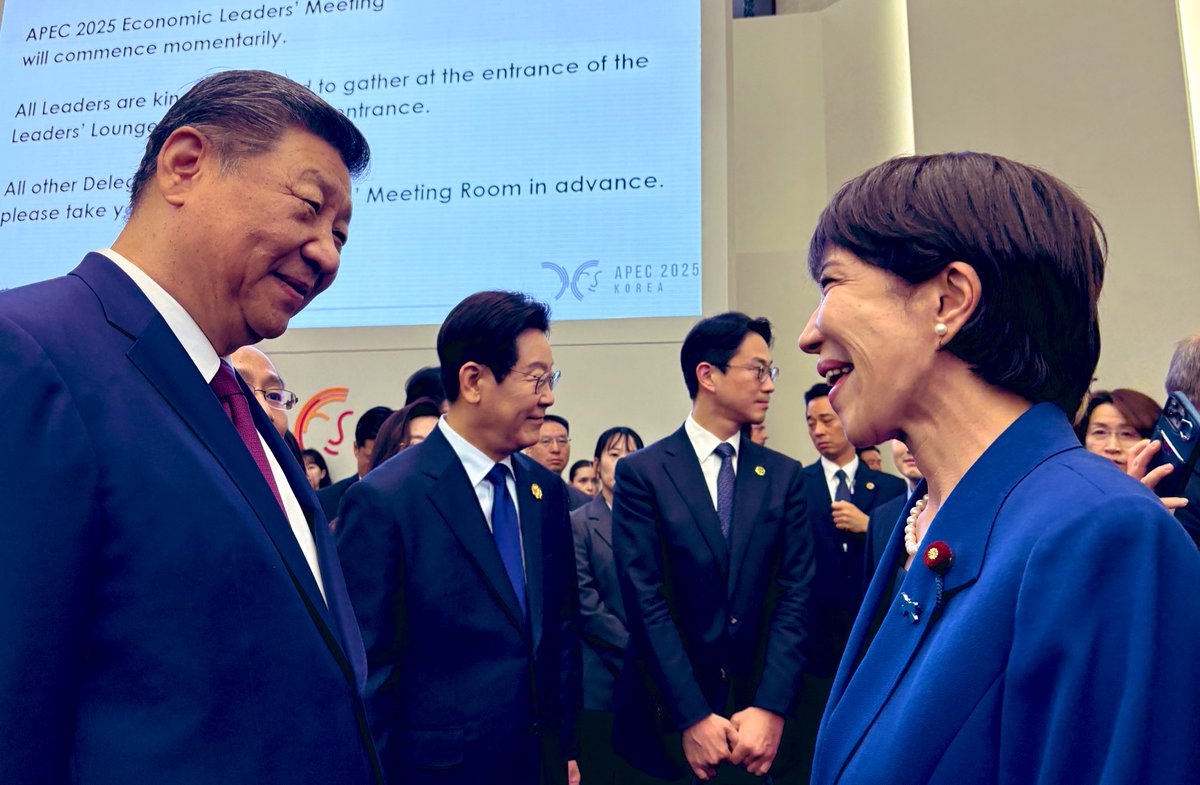
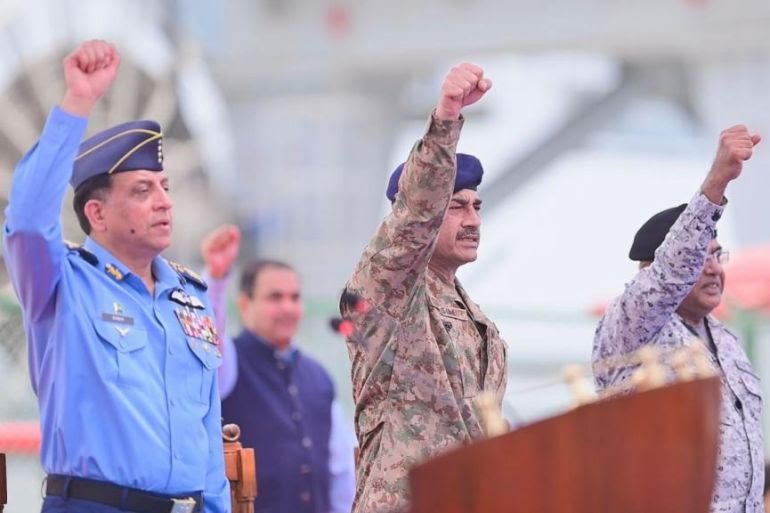
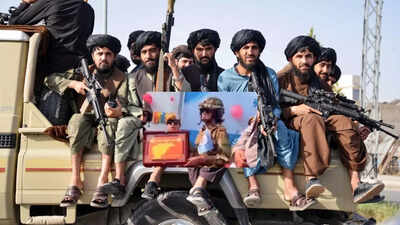
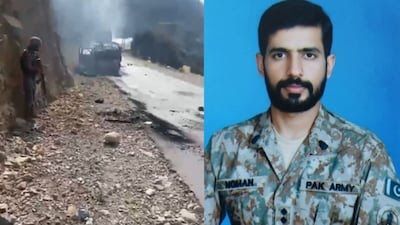
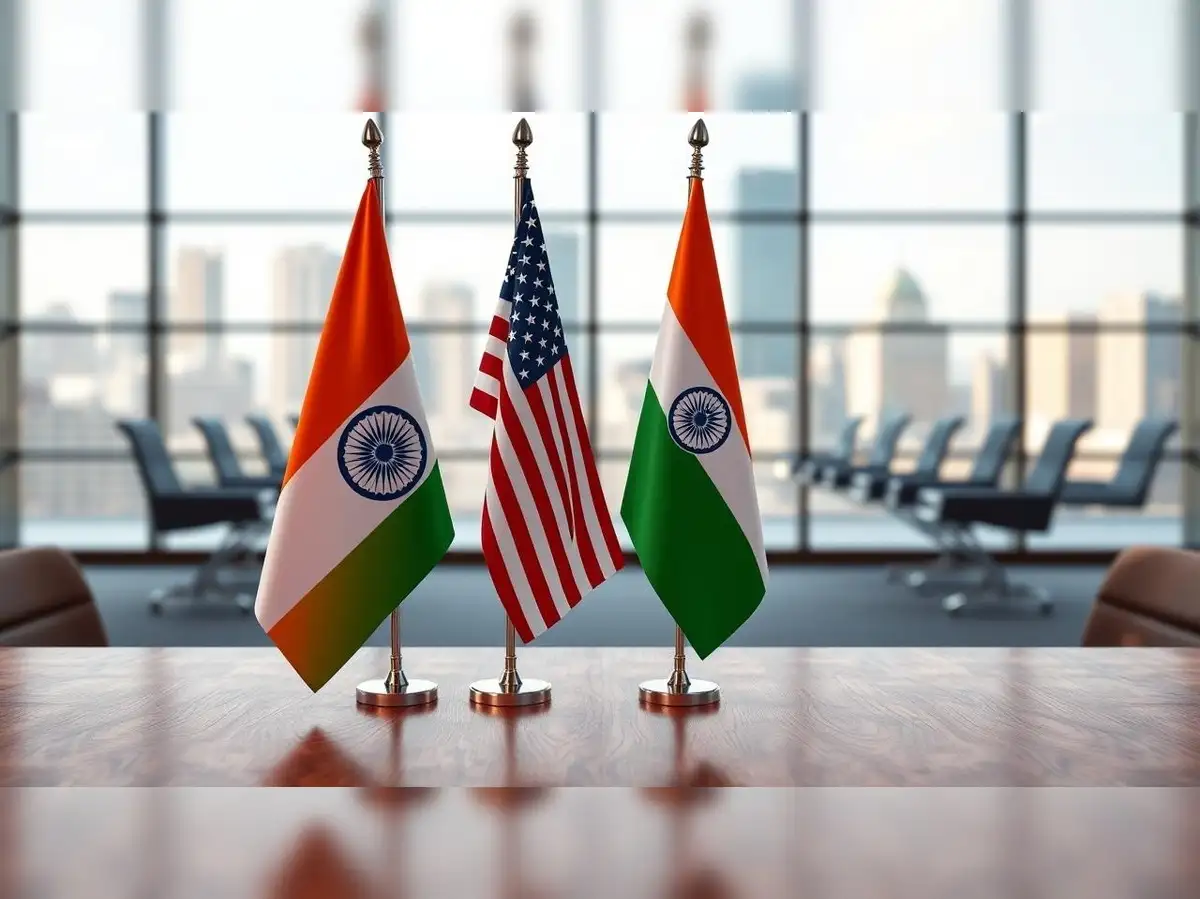
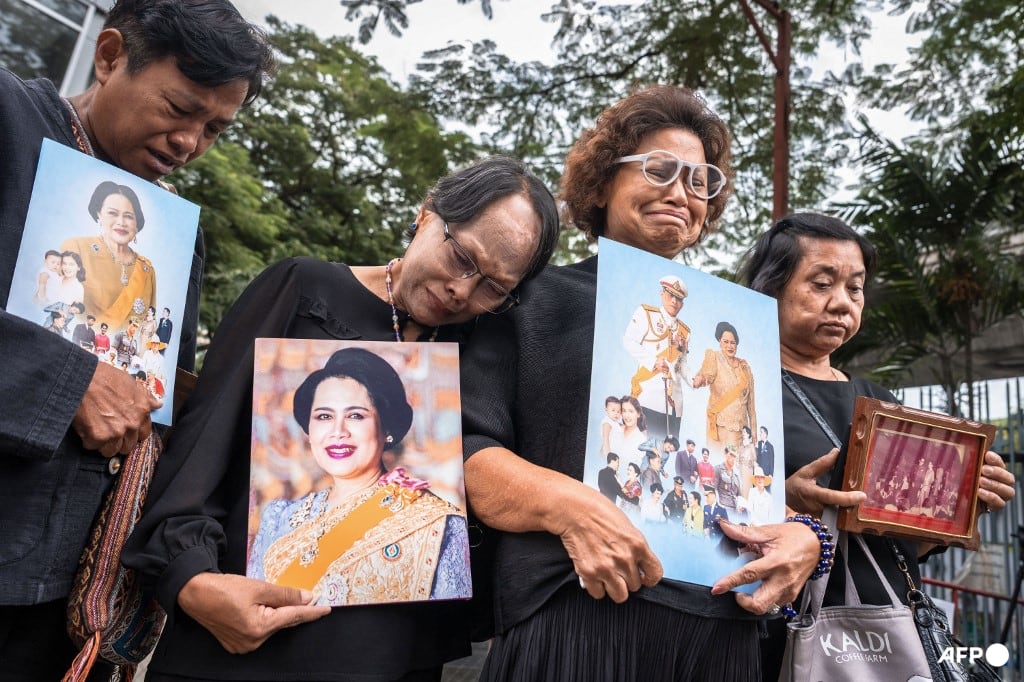
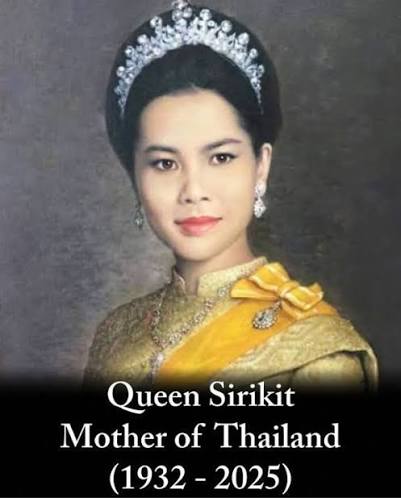
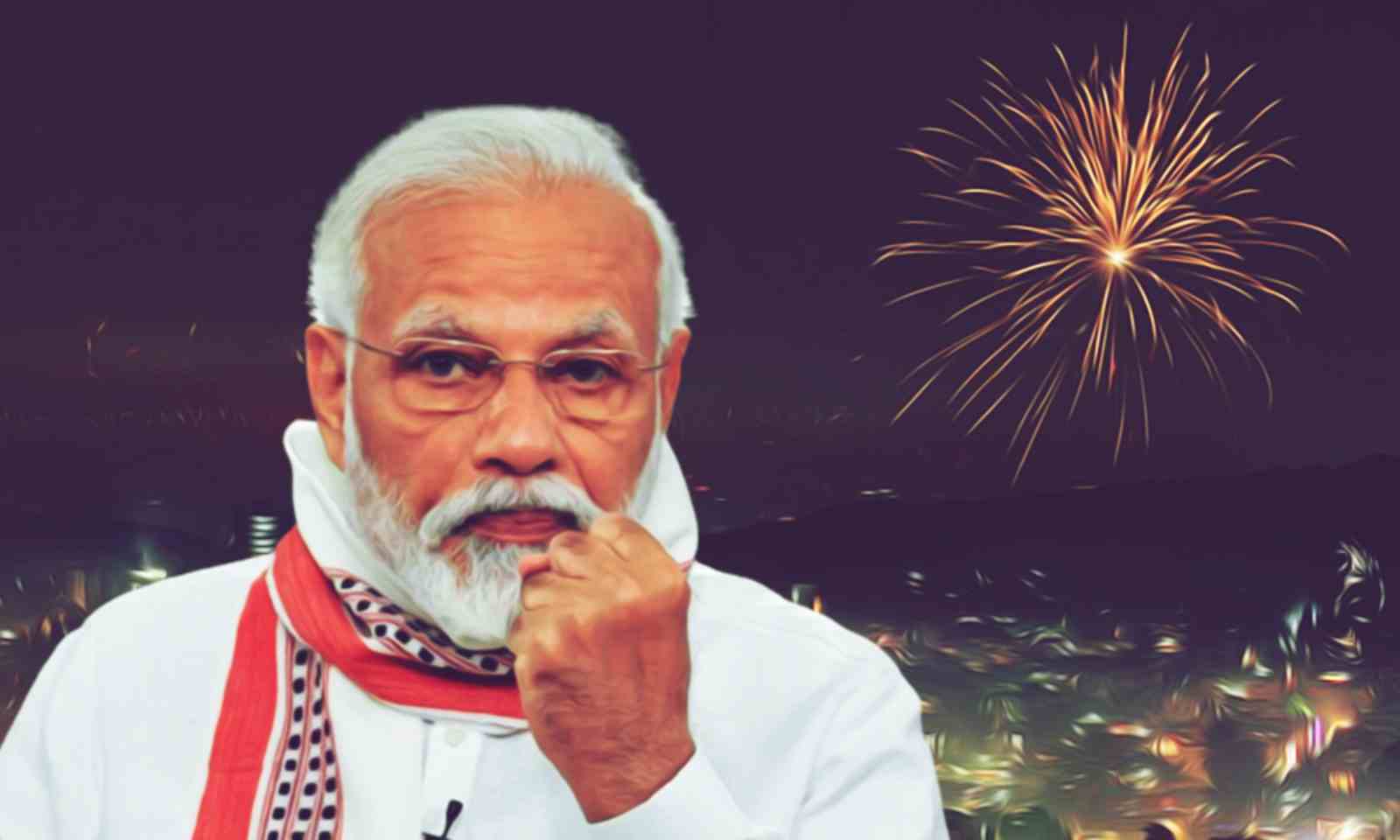

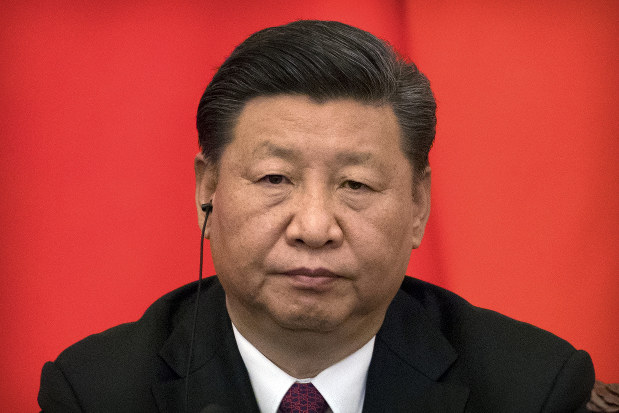
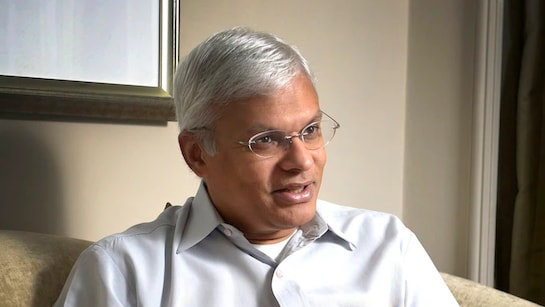
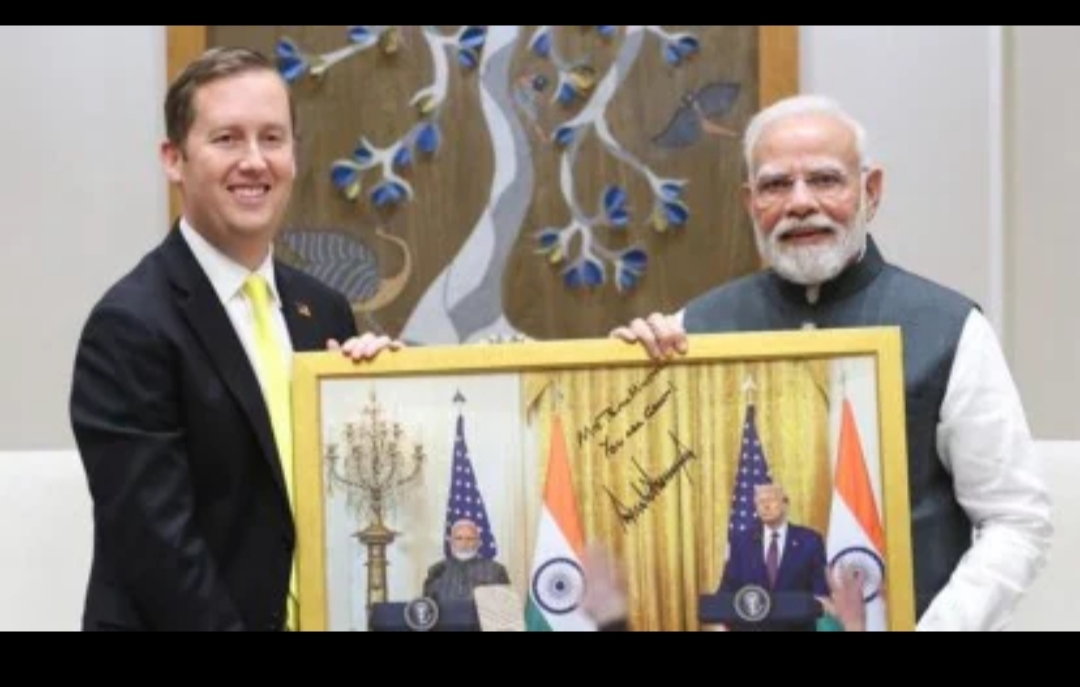
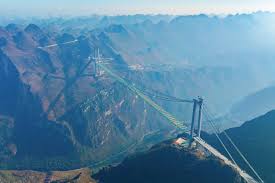
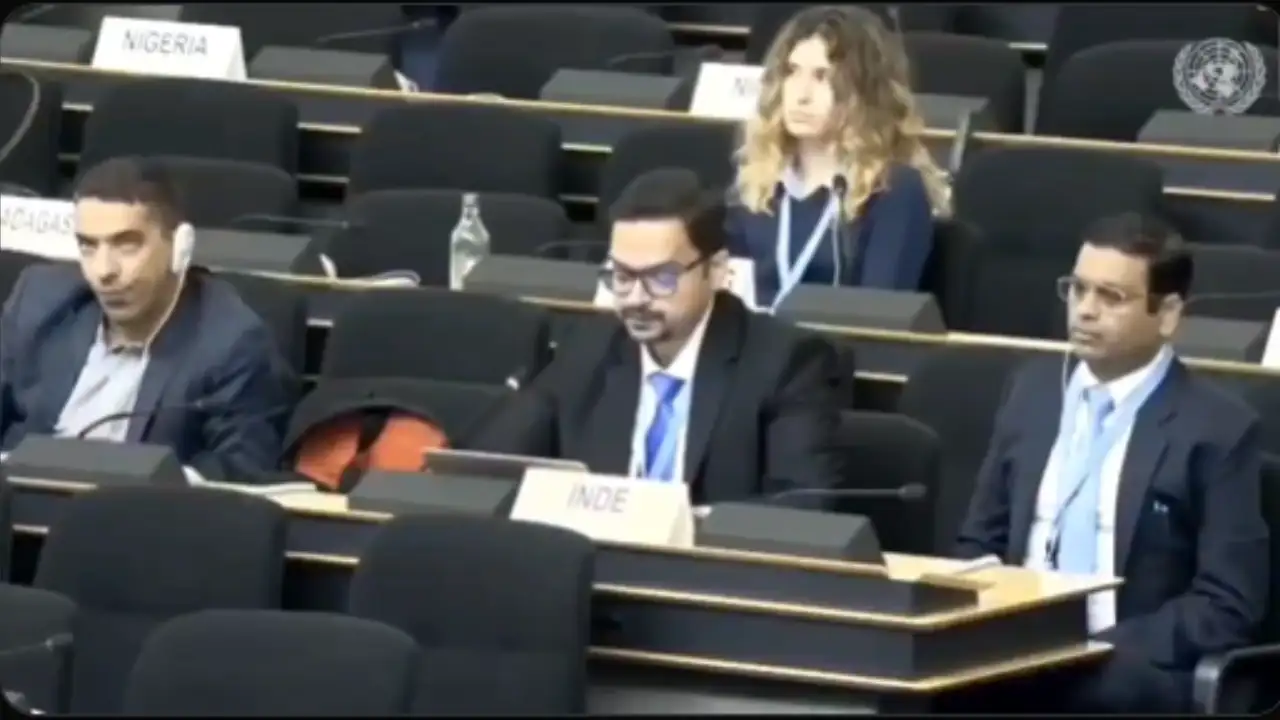







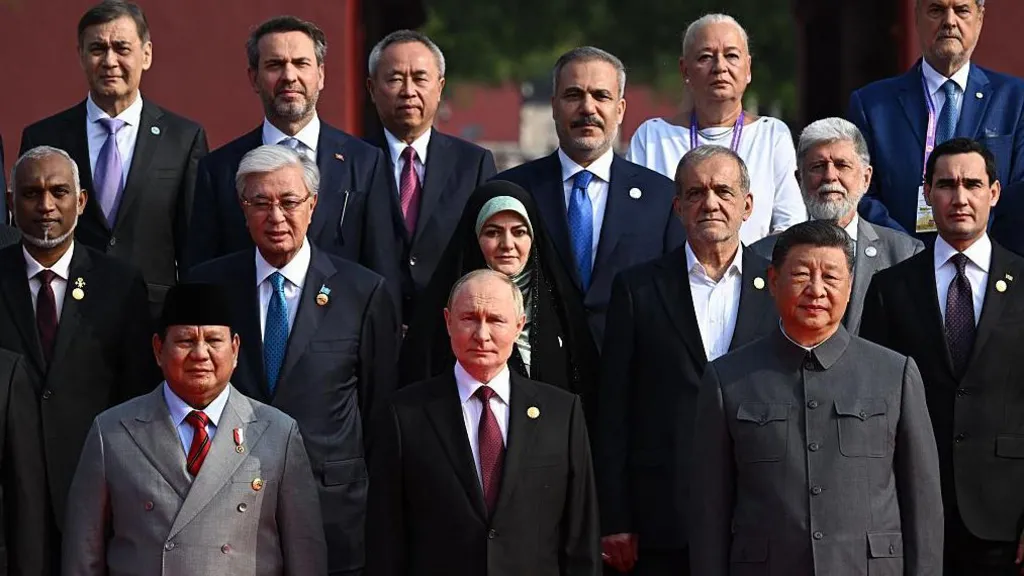

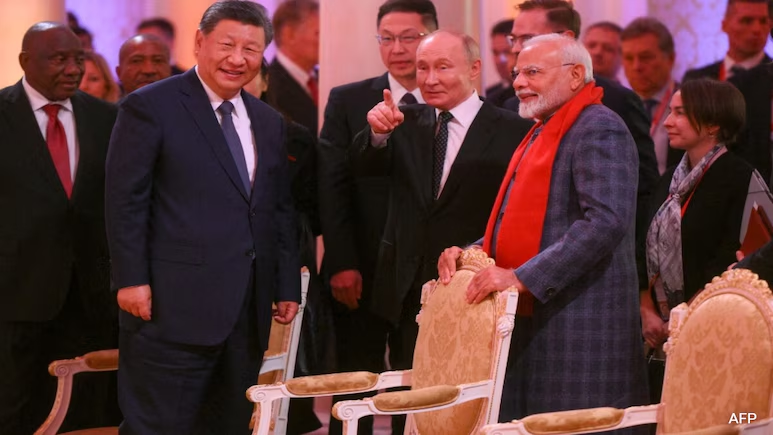


![Reliance Industries, led by Chairman Mukesh Ambani, has exported products made from Russian crude oil to countries that have sanctioned Russia, including the US [File: Ajit Solanki/AP Photo]](https://america112.com/wp-content/uploads/2025/08/AP24010199793503-1755298275.webp)


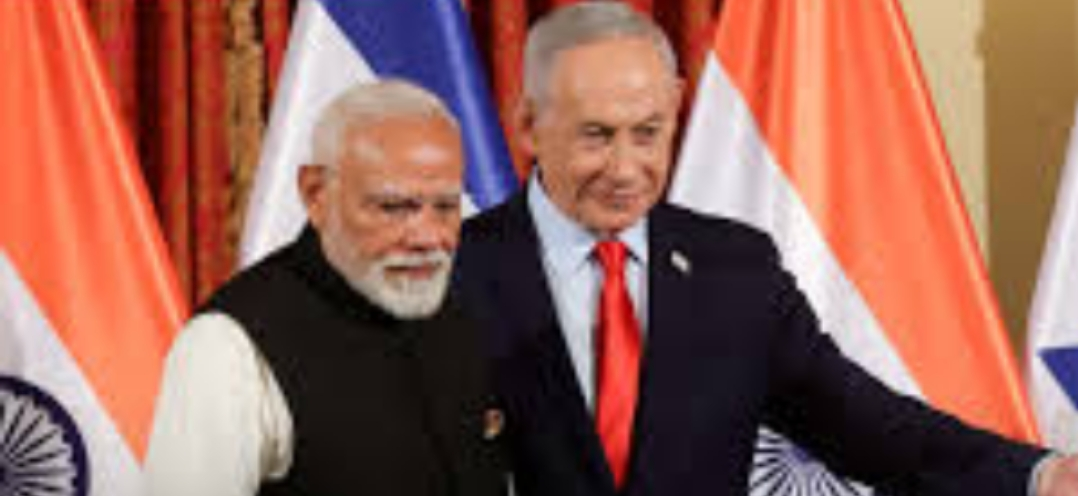
![Smoke rises after Israeli strikes in Beirut's southern suburbs, on March 2 [Mohamad Azakir/Reuters]](https://america112.com/wp-content/uploads/2026/03/hgh.webp)
